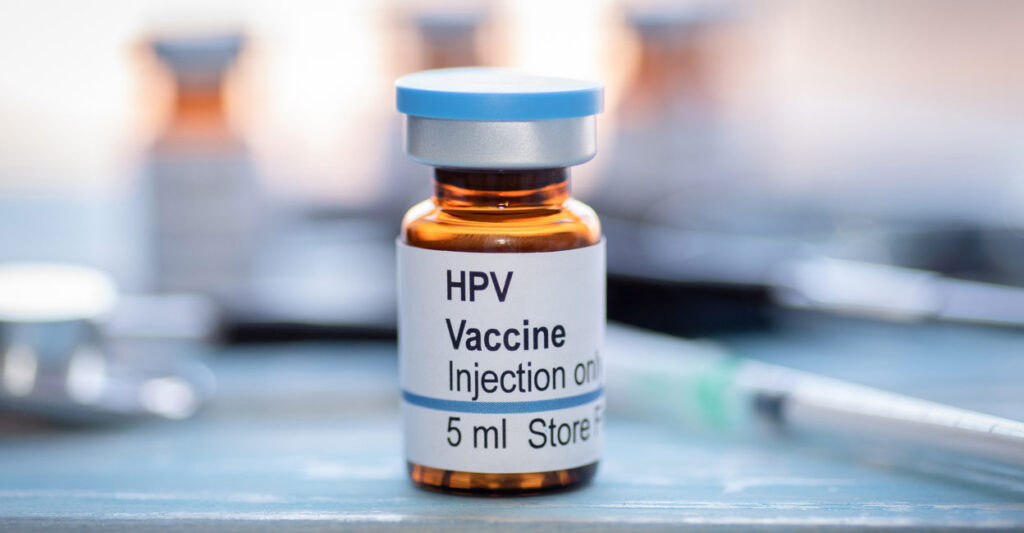CurrentReport Blog In a recent media dialogue organized by John-Stow International (JSI), consultant physician Dr. Mary Onoja Alexander from the Kogi State Primary Health Care Development Agency (KSPHCDA) issued a crucial advisory on combating cervical cancer in Nigeria. Dr. Alexander stressed the pivotal role of early detection in preventing this deadly disease among women in the country.
Cervical cancer, exacerbated by the Human Papillomavirus (HPV), remains a significant health concern for Nigerian women. Dr. Alexander underscored the importance of vaccination in bolstering the body’s immune system against HPV, thus mitigating the risk of cervical cancer. She emphasized that the vaccine stimulates the production of antibodies that safeguard against HPV infections, a preventive measure embraced by countries like Australia, Canada, and the USA.
Highlighting the gravity of the situation, Kannah Terri Ibrahim, the Social Behavioral Change Focal Person for JSI, revealed alarming statistics from 2020, where over 600,000 women globally were afflicted by cervical cancer, with a staggering 50% succumbing to the disease. Notably, the brunt of this burden falls on women in developing nations like Nigeria.
JSI’s commitment to combatting cervical cancer is evident through the initiation of the second phase of vaccination, with Kogi State being among the beneficiary states. Ibrahim outlined the target demographic for vaccination, focusing on girls aged 9 to 14 years. Moreover, he stressed the importance of stakeholder engagement, including traditional and religious leaders, schools, and communities, to ensure the effective implementation of vaccination campaigns, especially in hard-to-reach areas.
Recognizing the pivotal role of media, Ibrahim urged for their support in dispelling misconceptions surrounding the vaccine. Media involvement is crucial in disseminating accurate information and fostering public trust in vaccination efforts across Nigeria.












